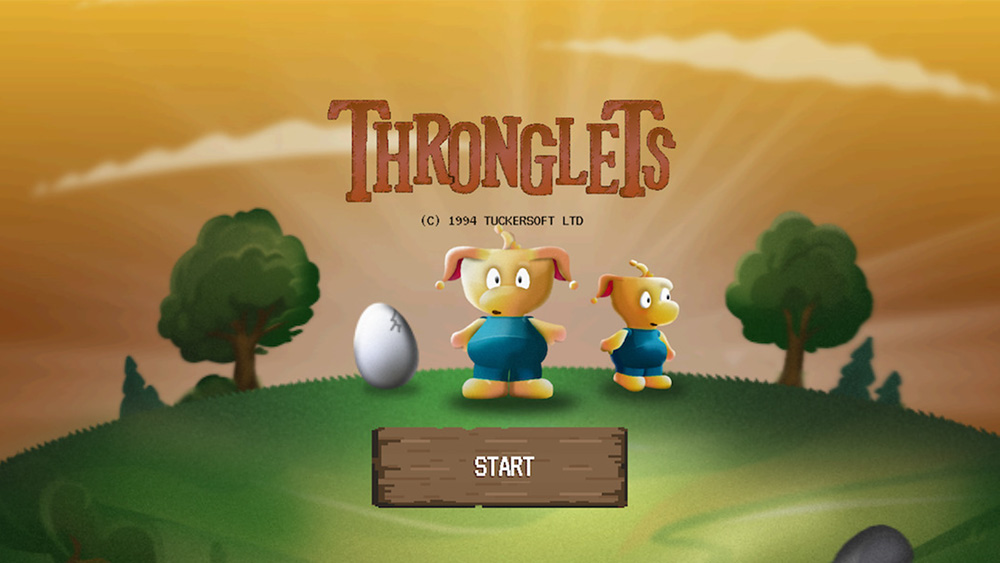How to promote your art online
Where to find your online home and making a success of it: we ask artists and experts who make it happen!

Around 10 million people a year visit the Louvre. The Metropolitan Museum of Art manages almost seven. The Tate Modern, just over six. These are the world's most-visited art galleries.
Win clients & work smarter with our FREE ebook: get it now!
Now imagine a gallery that attracts over 60 million visitors – a month. That's the figure deviantART boasts, trumping Paris, New York and London's finest. The venue may be virtual, its artists somewhat less distinguished, but it puts into perspective the power of online art communities.
"deviantART has given rise to the artrepreneur," says the CEO of the highly successful art community, Angelo Sotira. "These are artists who no longer have to rely on galleries, shows or pavements to earn fans.
"We have top sellers in our print programme. We have top sellers using our digital download tools and virtual currency. Hollywood producers buy art from the site directly from members. Book publishers scour the site for illustrators. Virtually every comic book publisher in the world accesses talent through deviantART – as do CGI studios, animation studios, gaming companies and creative departments in major corporations."
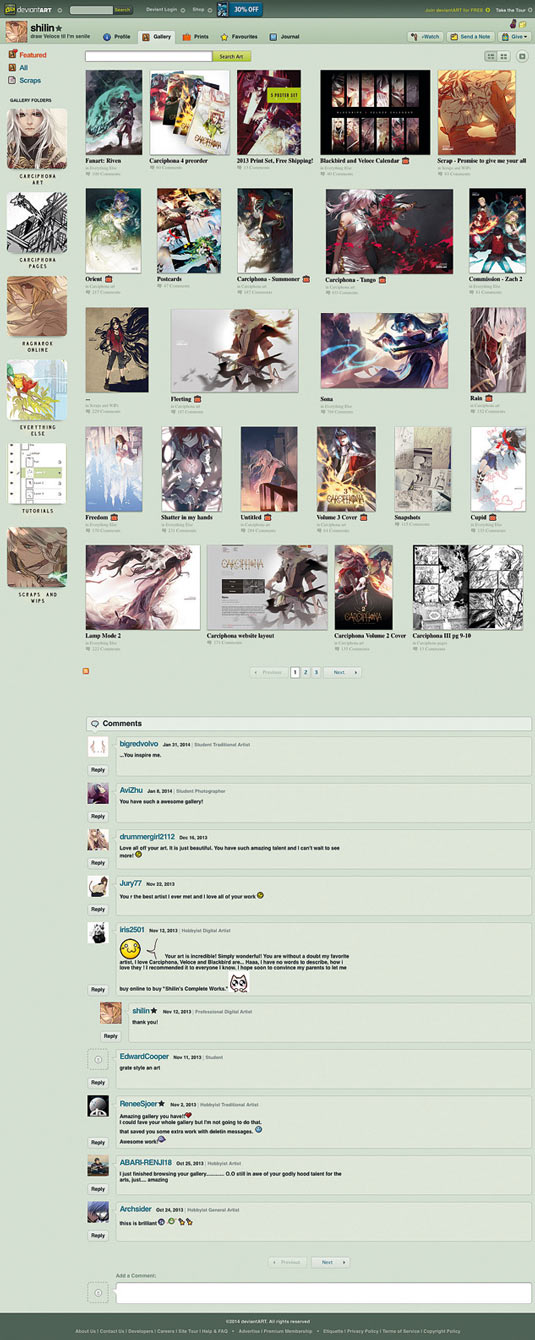
deviantART is just one of many thriving online art communities. Behance, Cargo, Creative Finder, Dribbble, our very own ImagineFX.com: with so many sites vying for your art, and so many artists sharing work within those sites, which one do you choose and how do you make yourself heard?
"Remember," Angelo says, "deviantART is a community, not a comment machine. You don't get anything out of it if you don't put something into it. We've seen an upsurge in the careers of artists who have learnt to build their own brand, and it's paid social and financial dividends."
Get the Creative Bloq Newsletter
Daily design news, reviews, how-tos and more, as picked by the editors.
Go beyond self-promotion
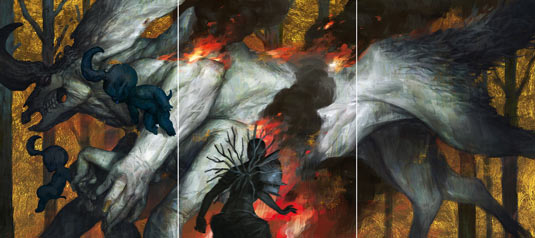
Building your brand may not sound like an artist's endeavour, but it's key to the success of any 21st-century creative. Angelo explains that this means not just self-promoting, but also participating. Comment on artwork and user pages. Use the chat room and the shout box. Offer constructive criticism and people will return the favour. This is brand building.
Building your brand is the key to the success of any 21st-century creative
"Depending on the art you want to do," Tobias Kwan says, "some sites will benefit you more than others: CGHub, Conceptart.org and CGsociety are tailored towards game and movie art; deviantART or Tumblr cover a broader range of artists and styles. Share your work on all these sites, but focus on the community that matches your work."

Tobias, a concept artist at Californian game developer Ready at Dawn, maintains profiles and pages on deviantART, CGHub, Tumblr, Blogspot, Twitter, Facebook and Instagram. He's found work – or work's found him – on every one of those sites. "I like to think that when you put out enough quality work," he says, "people will eventually notice it and opportunities will present themselves."
Once you've selected which site or sites to sign up for, you have to decide what to post. Tobias says it's good to share sketches and WIPs as well as finished pieces. It gives art directors and employers invaluable insight into your creative process. "You should start uploading as early as possible and take in the feedback so that you can hone your craft."
Start uploading as early as possible and take in the feedback so that you can hone your craft
Your portfolio – if you keep one – should be distinctly and exclusively your best work, demonstrating the full breadth of your abilities as an artist. Tobias also advises against overdoing it with personal information. Give just enough to tell people who you are and what you do.
Andrew 'Android' Jones says the internet is both the best and worst thing to happen to art: "The interchange of ideas, techniques and skills is remarkable. You now have access to more artists, images and education than anyone has ever had in the history of the world."
Android – a former ILM and Nintendo employee who co-founded Massive Black Inc – says his online presence has been integral to his rise. But he also advises exercising restraint.
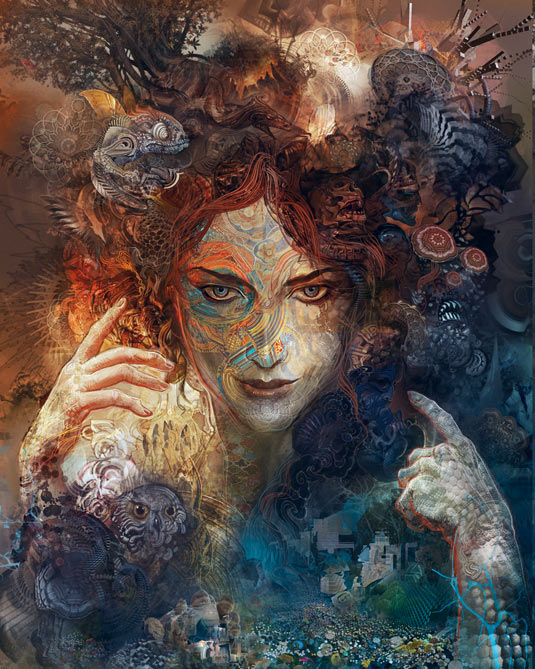
"Practise discipline and discernment in your actions. If you're spending more time online than you are at the drawing table, then I suggest it's time to re-examine your priorities. If you reference more photos of nature than actual nature, take a walk."
With the cost of further education – especially art schools – increasingly out of reach to most, community art sites can take up the slack, offering tutelage from first-rate teachers at a fraction of the cost of formal studies.
In 2002, Android founded non-profit ConceptArt.org with Jason Manley. The site has over 80,000 registered users and attracts more than 1.3 million visits per month.
"ConceptArt.org is where artists come to learn," Jason says. "The site was the first of its kind to offer live streaming of online education, the first to offer massive scholarship programmes, the first to do downloadable educational content for artists. We created the ConceptArt.org Workshops and even a full college from within the community."
Forums still matter
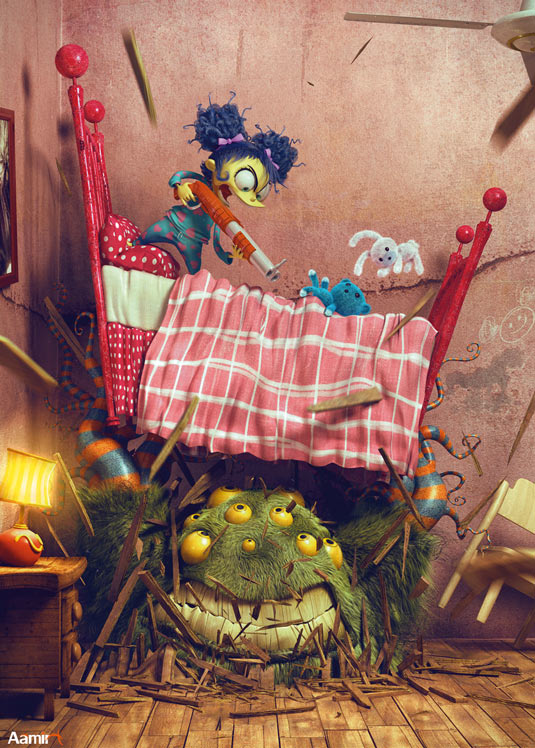
ConceptArt.org is a forum-based community. While it has recently been given a facelift, the site has stuck to its original format. Jason maintains that forums, far from being anachronistic, offer artists a more considered, contemplative alternative to social media's instant but fleeting feedback.
"Facebook and Twitter," Jason says, "can be a waste of time. Your posts just disappear. Posting on ConceptArt.org gets an artist deeply embedded in Google, where you can be found for years to come."
Jason points to Jonathan Hardesty – aka MindCandyMan – as an example. The artist, with no formal art training, began posting images of his work as a beginner back in 2002. The thread is still live today. It's attracted over 2,000 posts and three million hits, and shows how he's grown into a gifted professional.
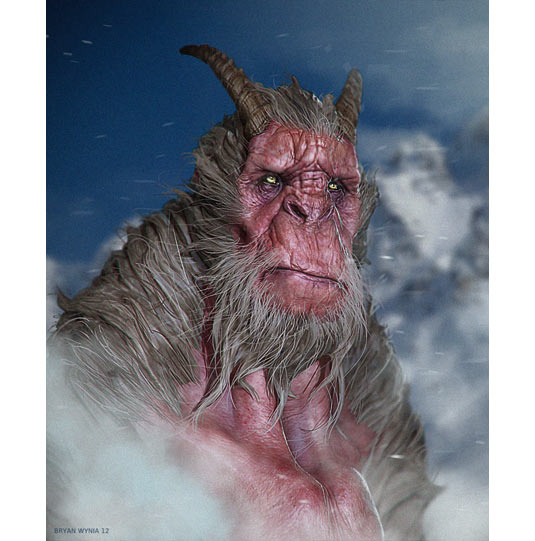
"If an artist posts and gives back to the community," Jason says, "we help them to succeed. It's a pay-it-forward mentality." They're sentiments echoed by Andrew Plumer, head of Ballistic Media and the Computer Graphics Society. The forum, he says, is far from finished.
"We haven't seen any dramatic decline in traffic to our forums," says Andrew. "The web has become very noisy and we believe people will continue to seek informed discussion and advice, which is what well-moderated forums offer. I feel that as social platforms continue to evolve, become busier and attempt to find ways to commercialise their operations, we'll see more people move back to forums, searching for signal over noise."
What never ceases to excite me is seeing the goodwill that's shared by artists on our site
Even with a swell of noise, Andrew says there are steps you can take to aid success online. It's a numbers game: produce enough good work and somebody will eventually take notice. Challenges and competition are a good way of getting noticed and to practise working to deadlines. Make the most of learning opportunities such as these.
But the key is to share, not spam: critiquing and encouraging others raises your profile among peers and potential employers, and can also provide a link to your heroes.
"What never ceases to excite me is seeing the goodwill that's shared by artists on our site," Andrew adds, "especially between established and emerging artists."
Next page: Top Tips from IT'S ART founder on how to get noticed!

Thank you for reading 5 articles this month* Join now for unlimited access
Enjoy your first month for just £1 / $1 / €1
*Read 5 free articles per month without a subscription

Join now for unlimited access
Try first month for just £1 / $1 / €1

The Creative Bloq team is made up of a group of design fans, and has changed and evolved since Creative Bloq began back in 2012. The current website team consists of eight full-time members of staff: Editor Georgia Coggan, Deputy Editor Rosie Hilder, Ecommerce Editor Beren Neale, Senior News Editor Daniel Piper, Editor, Digital Art and 3D Ian Dean, Tech Reviews Editor Erlingur Einarsson, Ecommerce Writer Beth Nicholls and Staff Writer Natalie Fear, as well as a roster of freelancers from around the world. The ImagineFX magazine team also pitch in, ensuring that content from leading digital art publication ImagineFX is represented on Creative Bloq.
